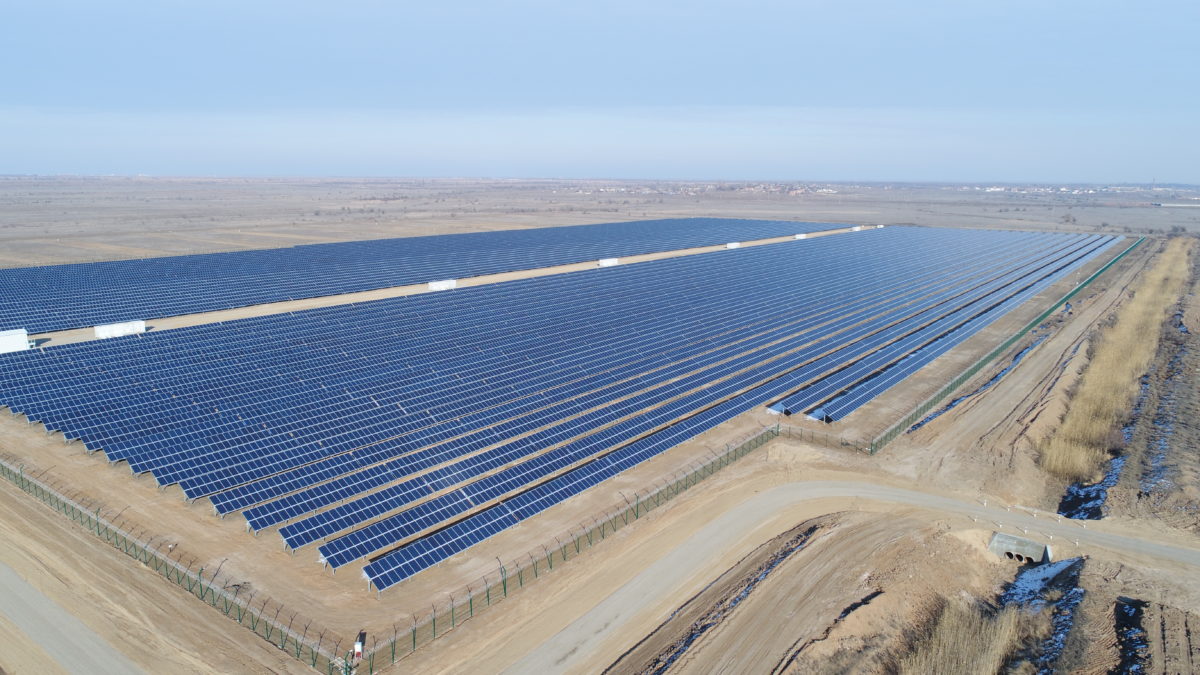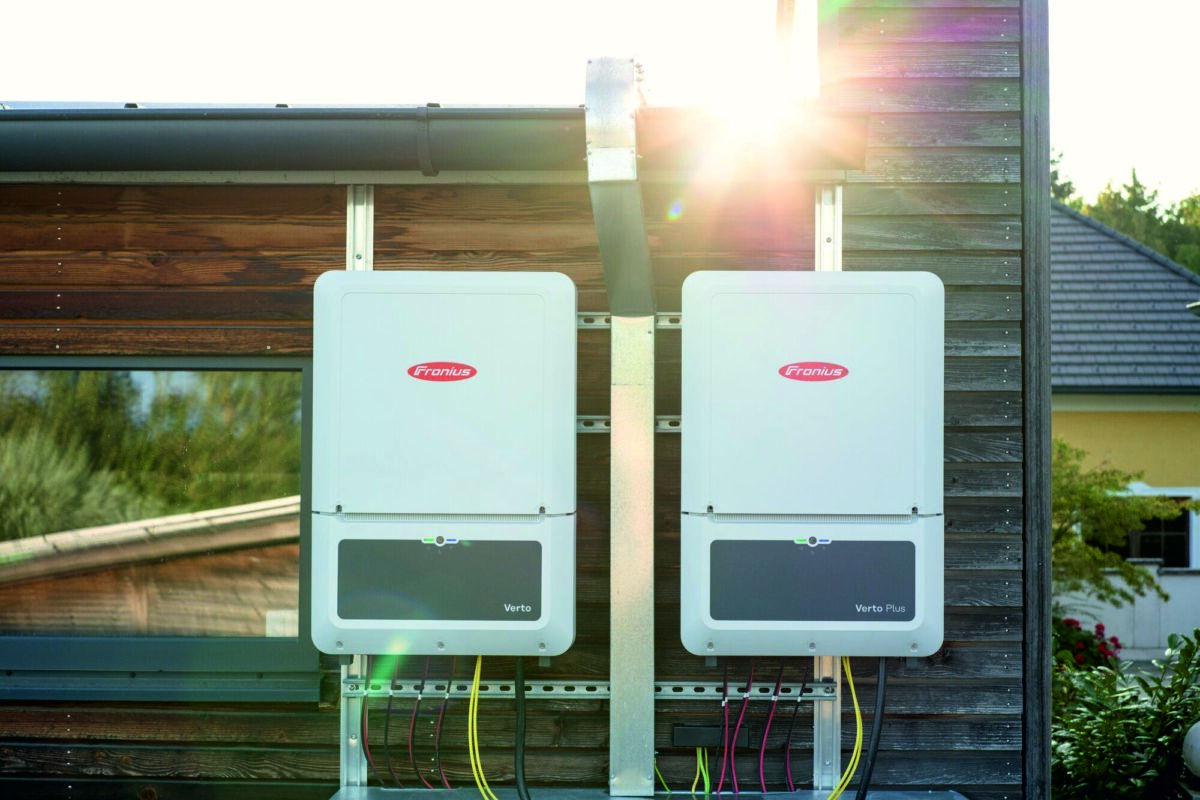Three voluntary bilateral agreements linked to solar power plants have been signed in Russia to date, according to Anton Usachev, president of the Russian Solar Energy Association. “The three deals were sealed by Anglo-Dutch multinational consumer goods company Unilever, Belgian drinking and brewing company AB Inbev, and Russian state-owned lender PJSC Sberbank,” he told pv magazine. “This month, chemical company Shchekinoazot is aiming to strike another deal linked to a solar project.”
Under the current Russian energy regulatory framework, these kinds of bilateral deals can be concluded between a seller and a buyer with a power distribution company mediating as a third party. “Voluntary bilateral agreements follow the same mechanisms as green certificates and are similar to PPAs in their basic form,” Usachev emphasized. “They are concluded between an independent power producer and a buyer searching for consumption of electricity generated by renewables for its manufacturing facility.” The prices for renewable electricity are negotiated individually between buyers and sellers and prices lean on wholesale market electricity costs with a market premium, mostly close to between RUB 2 and RUB 2.5 (between $0.026 and $0.033) per kWh.
The first agreements of this kind were signed in Russia in 2018 by companies that provide fast-moving consumer goods and the bank sector. The list of buyers also includes PepsiCo and French gas provider Air Liquide, which resorted to renewable energy for its facility in Tatarstan. Such buyers are represented on the wholesale market through power distribution suppliers.
According to Usachev, more bilateral agreements may be concluded in the future, as the Ministry of Energy has been working on a new law since December 2020 that would introduce low carbon certificates. “In the next months, the ministry should submit the draft law to the government,” he explained. “The good news is that this law will establish low carbon certificates for the first time.” Under these provisions, nuclear, solar, wind and hydropower will be entitled to compete for such certificates in public auctions.
According to the International Renewable Energy Agency, the Russian Federation had 1.42 GW of installed solar power at the end of 2020. Most of this capacity comes from large-scale PV plants installed under the country's auction scheme for renewables.
In order to support rooftop PV, the Russian government last month introduced a net metering scheme for solar and other renewable energy generators not exceeding 15 kW in size.
This content is protected by copyright and may not be reused. If you want to cooperate with us and would like to reuse some of our content, please contact: editors@pv-magazine.com.




By submitting this form you agree to pv magazine using your data for the purposes of publishing your comment.
Your personal data will only be disclosed or otherwise transmitted to third parties for the purposes of spam filtering or if this is necessary for technical maintenance of the website. Any other transfer to third parties will not take place unless this is justified on the basis of applicable data protection regulations or if pv magazine is legally obliged to do so.
You may revoke this consent at any time with effect for the future, in which case your personal data will be deleted immediately. Otherwise, your data will be deleted if pv magazine has processed your request or the purpose of data storage is fulfilled.
Further information on data privacy can be found in our Data Protection Policy.